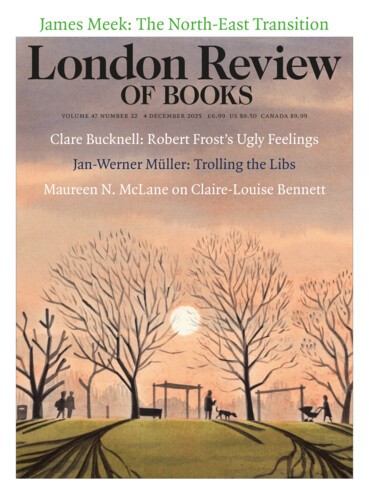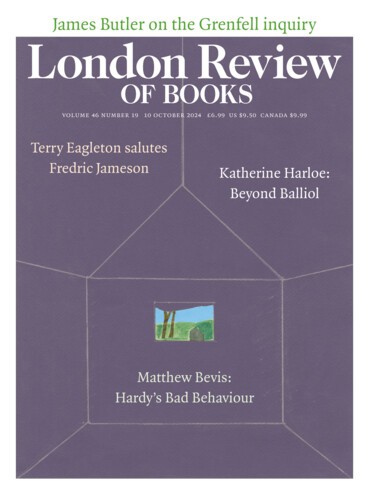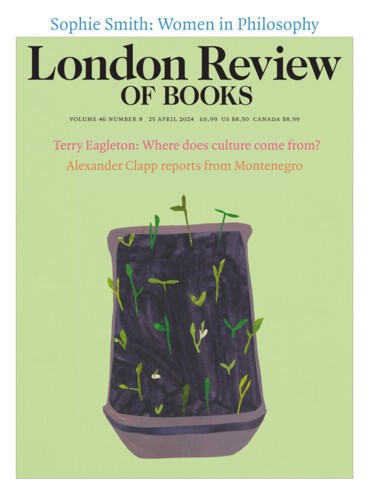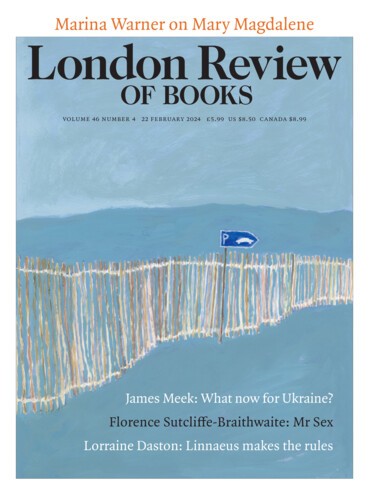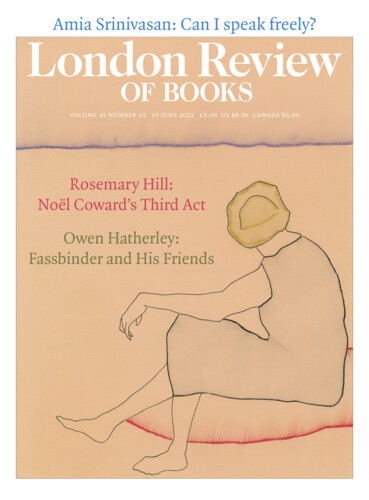Pregnant with Monsters: Schopenhauer makes a stir
Terry Eagleton, 4 December 2025
There is something mildly comic about the name Arthur Schopenhauer. The homely ‘Arthur’ doesn’t sit well alongside the stately, mouth-filling ‘Schopenhauer’. Schopenhauer himself saw such incongruities as the essence of humour. He was a full-blooded metaphysician but also a vulgar materialist, and in moving between the two his work, like his name, teeters on...
